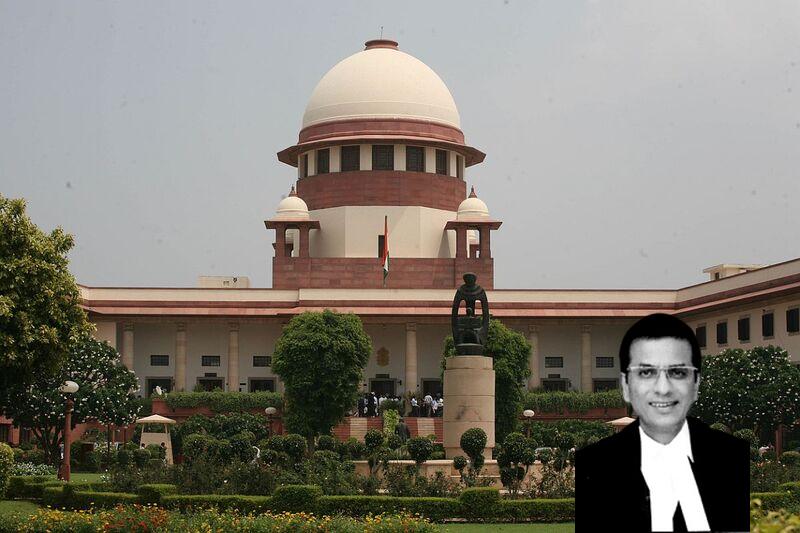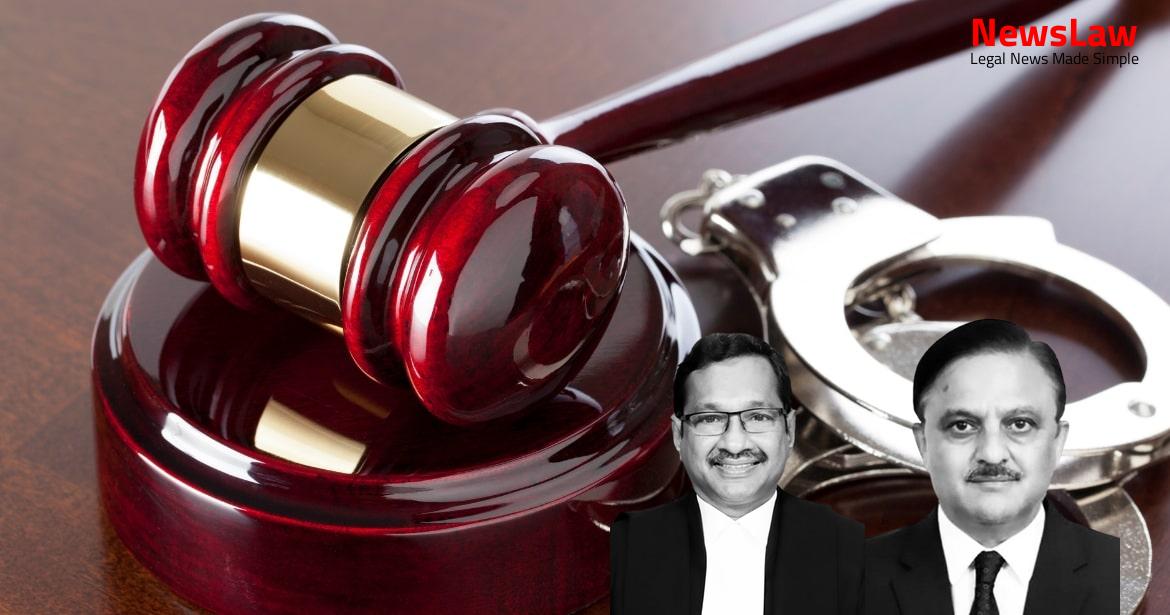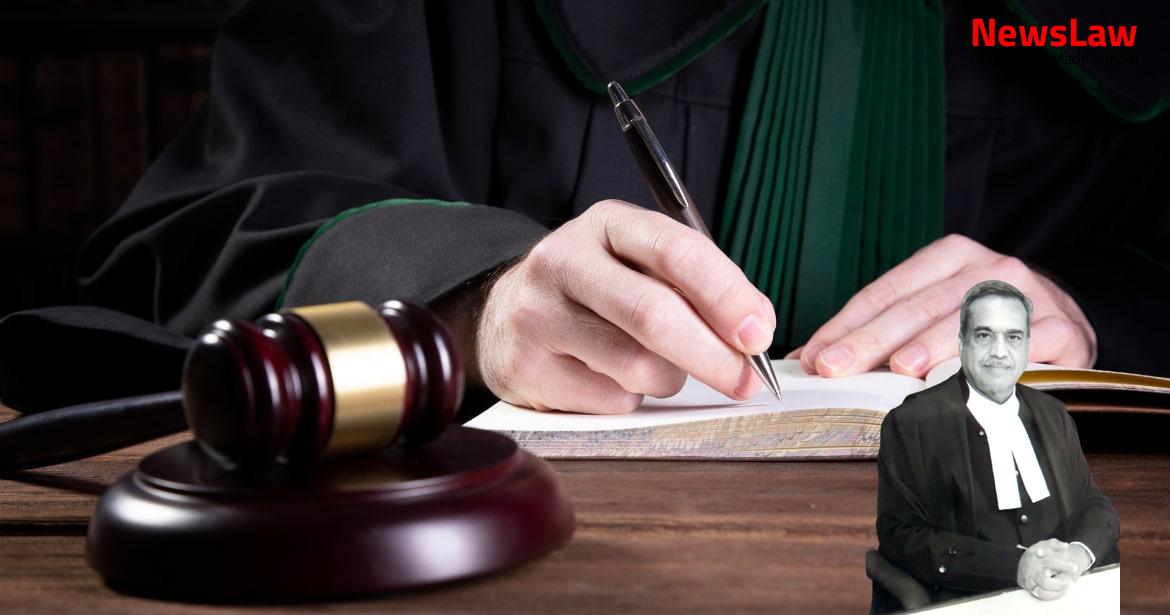Further, the Solicitor General was requested to assist the court with data on hybrid hearings in the tribunals under various ministries of the Union Government on the next date of hearing. 2 Pursuant to the order dated 15 September 2023, the following High Courts have filed their affidavits: 1 2 3 2 (i) High Court of Judicature at Allahabad; (ii) High Court of Judicature at Bombay; (iii) High Court at Calcutta; (iv) High Court of Chhattisgarh; (v) Gauhati High Court; (vi) High Court of Gujarat; (vii) High Court of Himachal Pradesh; (viii) High Court of Jharkhand; (ix) High Court of Karnataka; (x) High Court of Kerala; (xi) High Court of Madhya Pradesh; (xii) High Court of Judicature at Madras; (xiii) High Court of Meghalaya; (xiv) High Court of Orissa; (xv) High Court of Judicature at Patna; (xvi) High Court of Punjab and Haryana; (xvii) High Court of Rajasthan; (xviii) High Court of Sikkim; (xix) High Court of Andhra Pradesh; (xx) High Court for the State of Telangana; (xxi) High Court of Uttarakhand; and (xxii) High Court of Jammu & Kashmir and Ladakh 3 3 Mr Gautam Narayan, counsel appearing Nataraj, Additional Solicitor General appearing on behalf of the National Consumer Disputes Redressal Commission that the tribunal is holding hybrid hearings. The NCLAT and NCLT shall ensure that hybrid hearings are made available at the option of the appearing 4 4 lawyers, or the litigants, as the case may be, within a period of four weeks from the date of this order. Gurukrishna Kumar, senior counsel for the High Court of Judicature at Madras; (xii) Mr Sanjai Kumar Pathak, counsel for the High Court of Meghalaya; (xiii) Mr Shibashish Misra for the High Court of Orissa; (xiv) Mr Gaurav Agrawal for the High Court of Judicature at Patna; 5 (xv) Mr Nidhesh Gupta, senior counsel for the High Court of Punjab and Haryana; (xvi) Dr Charu Mathur for the High Court of Rajasthan; (xvii) Ms Enakshi Mukhopadhyay Siddhanta for the High Court of Sikkim; and (xviii) Ms Uttara Babbar for the High Court for the States of Andhra Pradesh and Telangana.
Some High Courts have made considerable progress and hearings are being provided through the hybrid mode or video conferencing. In the absence of adequate connectivity, it is not possible for the members of the Bar and litigants to access the internet within the precincts of the High Courts. The amici curiae may also distribute the work in connection with the High Courts between them and individually contact the Registrars General/Registrars (IT) of the High Courts so that necessary information can be placed before this Court in that regard. 14 In this backdrop, we issue the following directions: 7 (i) After a lapse of two weeks from the date of this order, no High Court shall deny access to video conferencing facilities or hearing through the hybrid mode to any member of the Bar or litigant desirous of availing of such a facility; (ii) All State Governments shall provide necessary funds to the High Courts to put into place the facilities requisite for that purpose within the time frame indicated above; (iii) The High Courts shall ensure that adequate internet facilities, including Wi-Fi facilities, with sufficient bandwidth are made available free of charge to all advocates and litigants appearing before the High Courts within the precincts of the High Court complex; (iv) The links available for accessing video conferencing/hybrid hearings shall be made available in the daily cause-list of each court and there shall be no requirement of making prior applications. Once the SOP is prepared, it shall be placed on the record of these proceedings and be circulated in advance to all the High Courts so that a uniform SOP is 8 adopted across all the High Courts for facilitating video conference/hybrid hearings; (vi) All the High Courts shall, on or before the next date of listing, place on the record the following details: (a) The number of video conferencing licences which have been obtained by the High Court and the nature of the hybrid infrastructure; (b) A court-wise tabulation of the number of video conference/hybrid hearings which have taken place since 1 April 2023; and (c) The steps which have been taken to ensure that Wi-Fi/internet facilities are made available within every High Court to members of the Bar and litigants appearing in person in compliance with the above directions. Such training facilities shall be set up by all 9 the High Courts under intimation to this Court within a period of two weeks from the date of this order; and (ix) The Union of India shall ensure that on or before 15 November 2023, all tribunals are provided with requisite infrastructure for hybrid hearings.
15 Notice shall also be issued to the Registrar In-charge of the Appellate Tribunal for Electricity. In the march of technology, the Courts cannot remain tech averse. 5 10 17 The use of technology by the Bar and the Bench is no longer an option but a necessity.



